G7 ambassadors demand swift return to constitutional order in Tunisia
Political instability lingers in Tunisia six weeks after President Kais Saied seized governing powers in a move denounced by his opponents as a coup. Amidst external pressure being heaped on the North African country to return to constitutional order, G7 representatives in Tunisia have now urged the president to end the stalemate by appointing a new prime minister.
“We underline the urgent need to appoint a new head of government to form a capable government able to address the immediate economic and health crises facing Tunisia,” the diplomats from Britain, Canada, France, Germany, Italy, Japan and the US said in a joint statement on Monday.
The statement said naming a prime minister would “create space for an inclusive dialogue about proposed constitutional and electoral reforms.”
According to the statement, the ambassadors also called for “a swift return to a constitutional order, in which an elected parliament plays a significant role" as well as "continued public commitment to and respect for all Tunisians' civil, political, social and economic rights, and to the rule of law".
Saied did not directly comment on the G7 statement. But he said, in remarks later on Monday to the National Guard, “Tunisia is a sovereign country and sovereignty belongs to the people.”
The G7 statement comes amid mounting pressure on Saied to reveal plans after his July moves
On July 25, the president dismissed Prime Minister Hichem Mechichi and suspended parliament for 30 days, in a move denounced as a “coup” by the biggest political party Ennahda.
The Tunisian president said at the time that his decision was meant to “save Tunisia, the state, and the Tunisian people,” in the midst of growing public anger and protests against the government’s handling of the COVID-19 pandemic. He said he would assume executive authority “with the help” of a government whose new chief he would personally appoint.
Following his takeover, Saied dismissed several ministers and top officials, and announced a crackdown against corruption.
Six weeks on, Saied has neither named a new premier nor revealed his plans.
On August 23, Saied indefinitely extended the emergency measures. He later told the public that the parliament itself is "a threat to the state.”
Journalist Tucker Carlson says he was detained in occupied territories after interview with US amb.
VIDEO | Is there any hope for Russia-Germany relations?
VIDEO | Israeli land grab policies
Nuclear chief: Israeli infiltration, sabotage drove Iran towards nuclear self-sufficiency
IRGC intel. chief: Enemies devised 7-stage plot for recent riots
Israeli minister calls to 'encourage' Palestinian exodus
VIDEO | Press TV's news headlines
VIDEO | Near breakdown: Generators in Gaza’s main hospitals


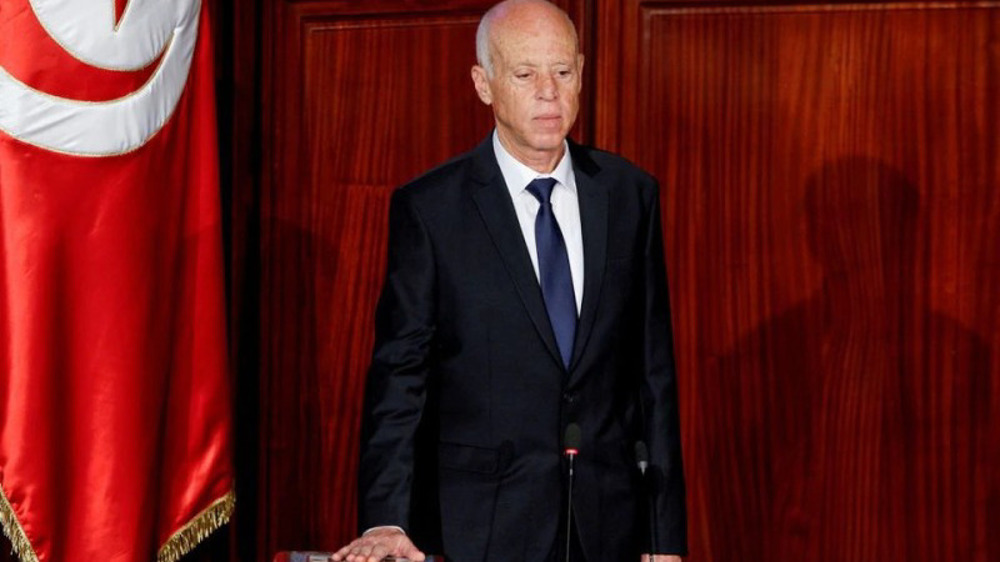
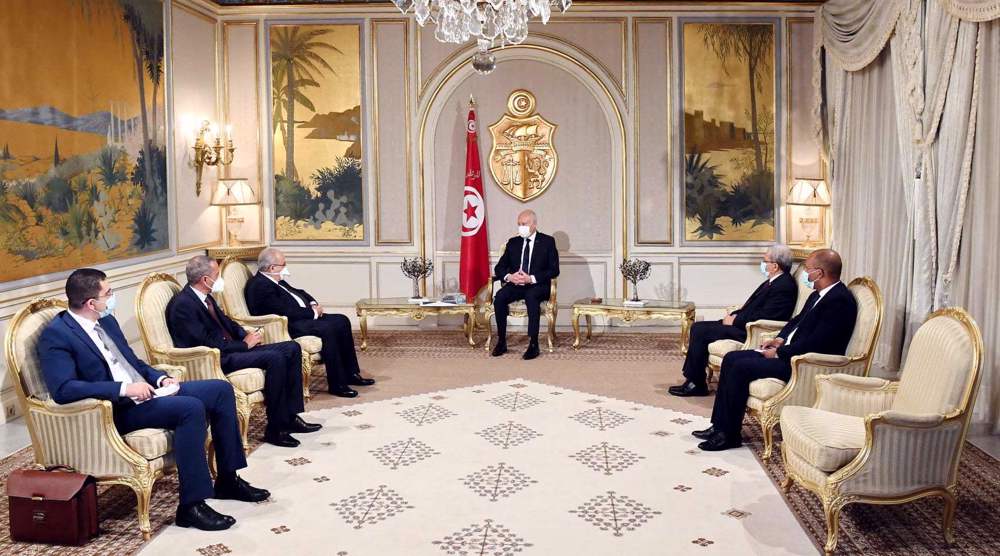

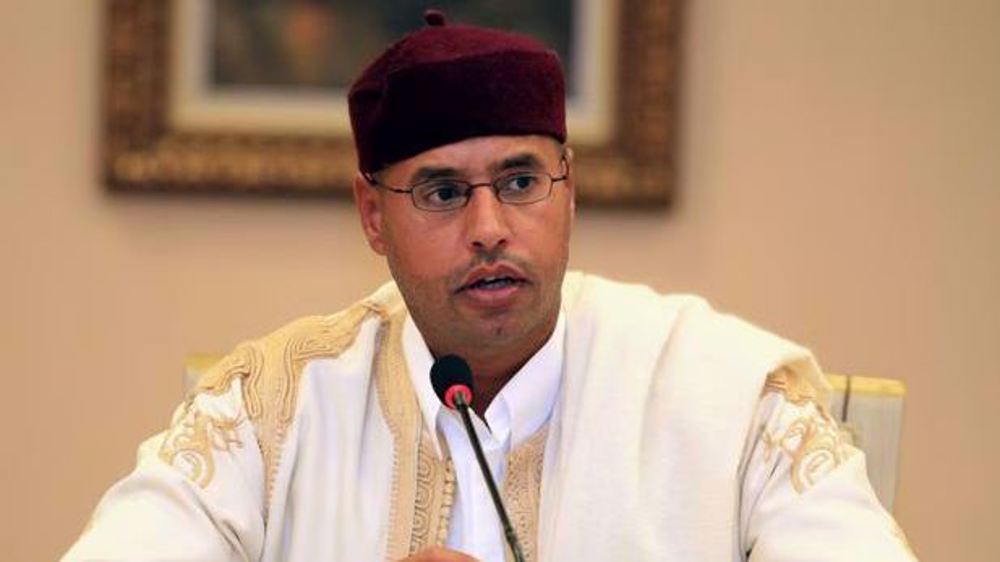
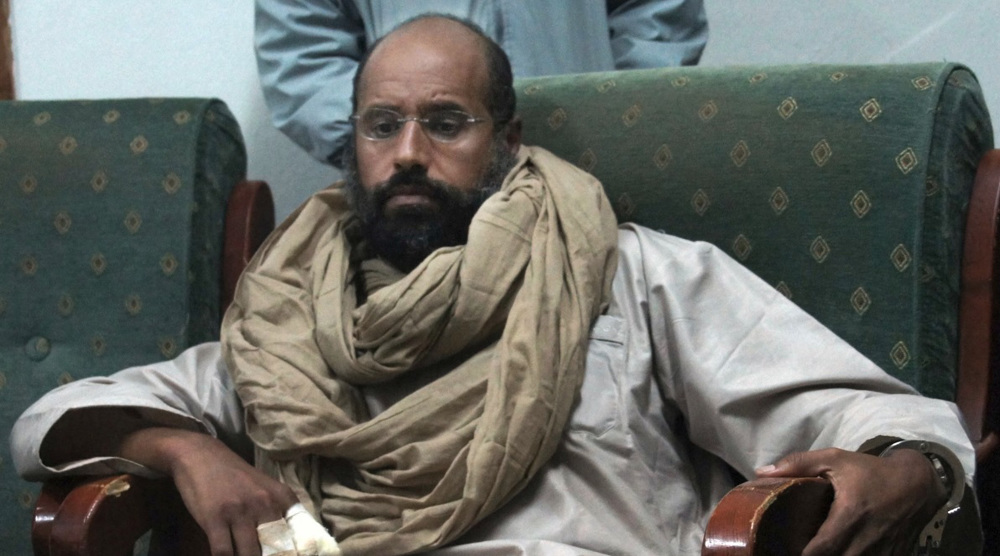



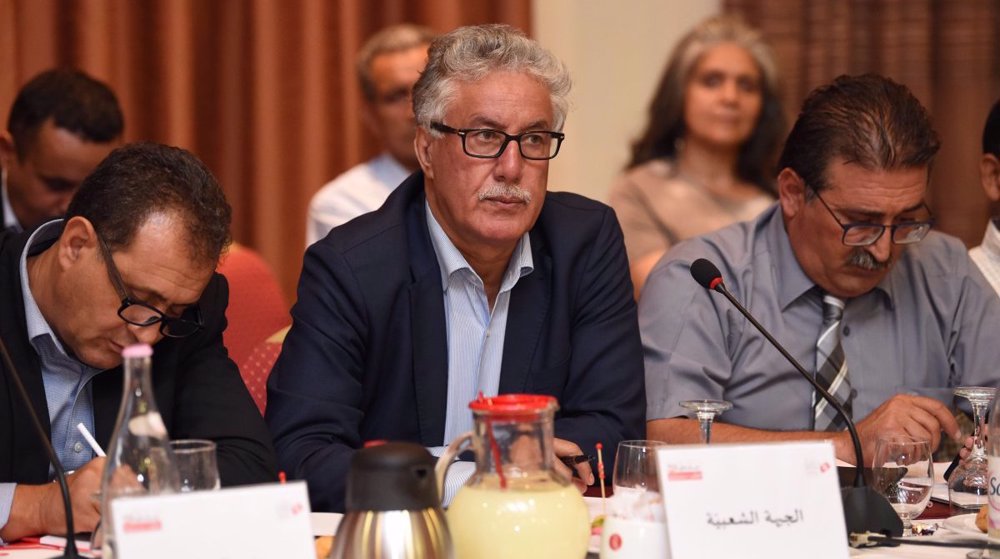
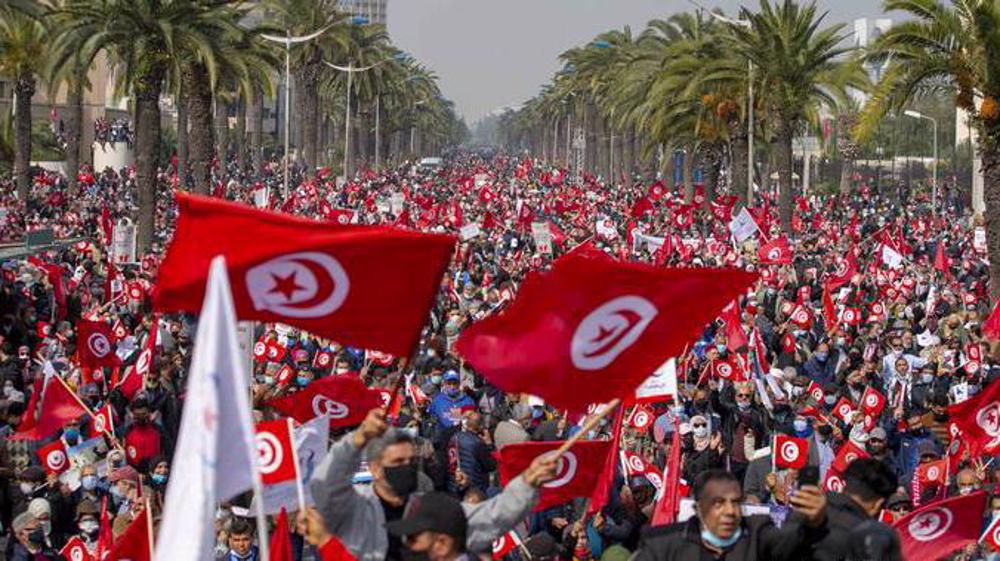
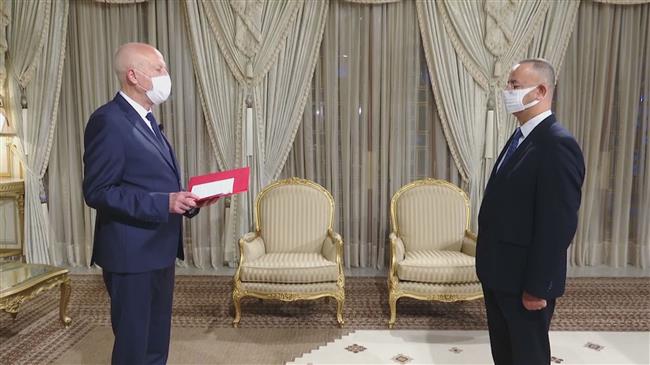
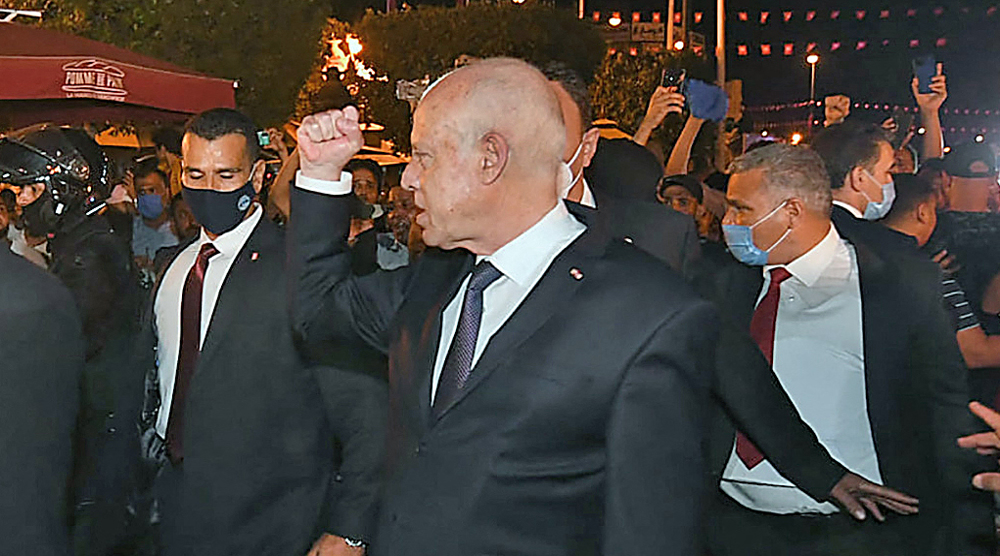

 This makes it easy to access the Press TV website
This makes it easy to access the Press TV website